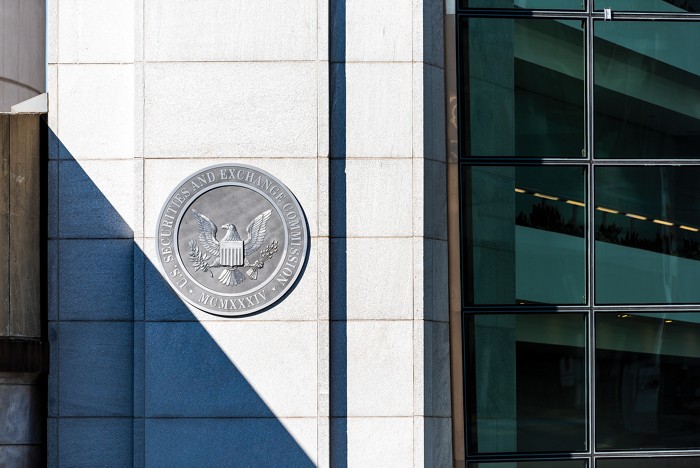Advertisement
Grab your lab coat. Let's get started
Welcome!
Welcome!
Create an account below to get 6 C&EN articles per month, receive newsletters and more - all free.
It seems this is your first time logging in online. Please enter the following information to continue.
As an ACS member you automatically get access to this site. All we need is few more details to create your reading experience.
Not you? Sign in with a different account.
Not you? Sign in with a different account.
ERROR 1
ERROR 1
ERROR 2
ERROR 2
ERROR 2
ERROR 2
ERROR 2
Password and Confirm password must match.
If you have an ACS member number, please enter it here so we can link this account to your membership. (optional)
ERROR 2
ACS values your privacy. By submitting your information, you are gaining access to C&EN and subscribing to our weekly newsletter. We use the information you provide to make your reading experience better, and we will never sell your data to third party members.
Greenhouse Gases
SEC climate rule triggers flurry of lawsuits
Both those for and against the rule suing, and judge grants emergency stay
by Leigh Krietsch Boerner
March 21, 2024
| A version of this story appeared in
Volume 102, Issue 9

The US Securities and Exchange Commission (SEC) on March 6 finalized its climate disclosure rule, which requires publicly traded firms to disclose greenhouse gas emissions to investors. Since then, at least 12 lawsuits have been filed against the SEC by environmental advocacy groups, state attorneys general, fracking companies, and others.
After one filing, made March 15 in the US Court of Appeals for the Fifth Circuit, a judge granted an emergency stay—meaning that the rule cannot go into effect while the cases proceed. Companies had been required to report emissions starting in March 2026.
The SEC’s initial proposal of the emissions reporting rule in March 2022 was followed by a long, contentious comment period. Much of the discussion addressed Scope 3, a section requiring companies to report emissions along their supply chains. The agency removed Scope 3 entirely in the final version of the rule; it also made some parts less specific and some parts optional.
The environmental groups—the Sierra Club and the Natural Resources Defense Council—are suing the SEC on the grounds that the rule doesn’t go far enough without Scope 3. Other parties involved in lawsuits include multiple state attorneys general, the Ohio Bureau of Workers’ Compensation, the fracking company Liberty Energy, and the US Chamber of Commerce.
Because the lawsuits were filed in several different courts, the US judicial panel on multidistrict legislation consolidated them and decided by lottery to assign the US Court of Appeals for the Eighth Circuit to review the petitions on the federal cases.



Join the conversation
Contact the reporter
Submit a Letter to the Editor for publication
Engage with us on Twitter